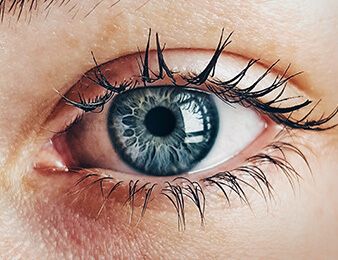
Diagnosis
How to get diagnosed.
The first port of call is usually the GP who, if there is a suspicion of epilepsy, refers patients for the expert opinion of a hospital consultant. This specialist is likely to be a consultant neurologist but could be a consultant physician who may have a specialist interest in epilepsy.
If you think back to your first appointment, it is likely to have consisted of the specialist taking detailed notes of the events which have been happening, as described by either you or a reliable witness.



